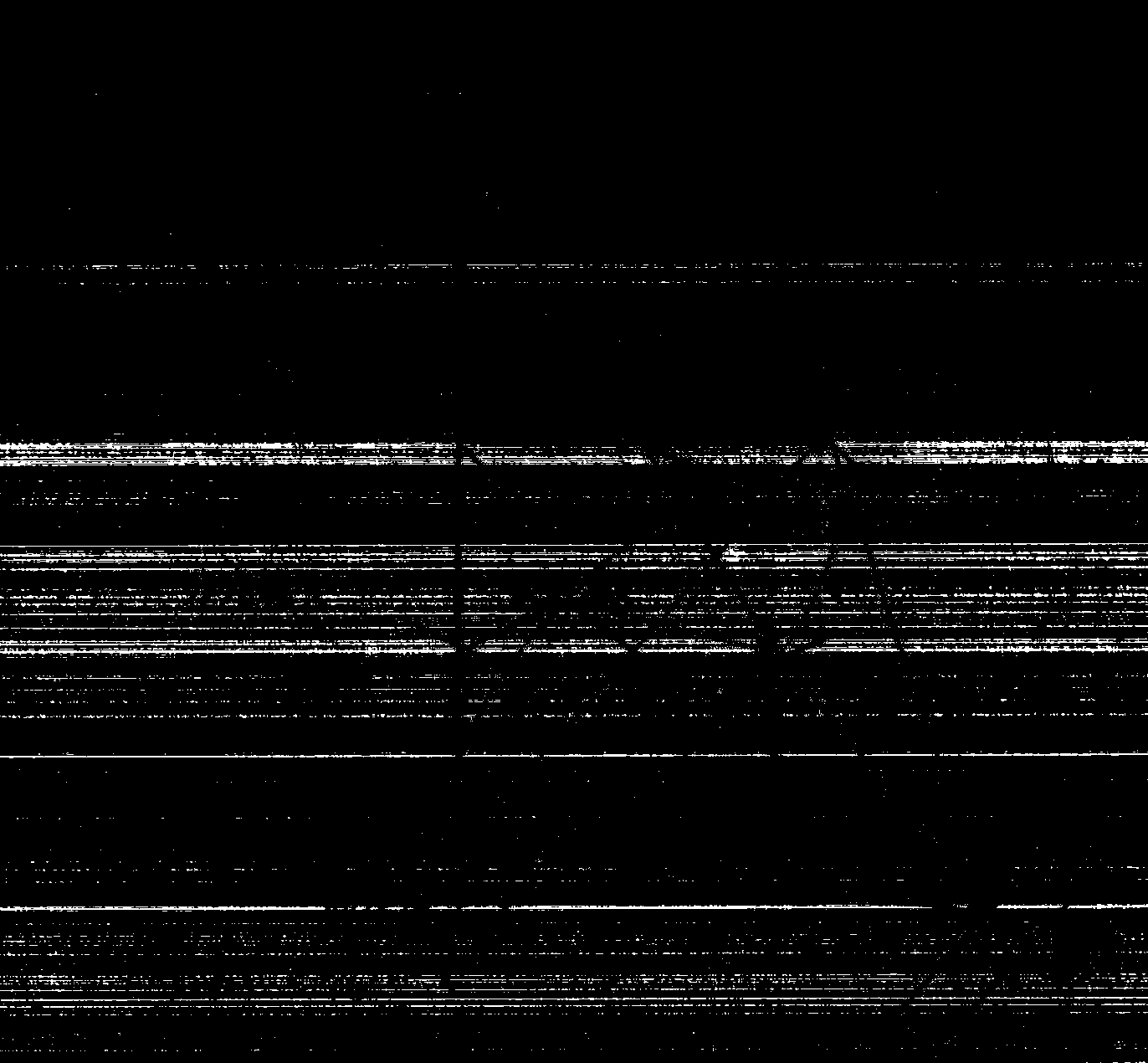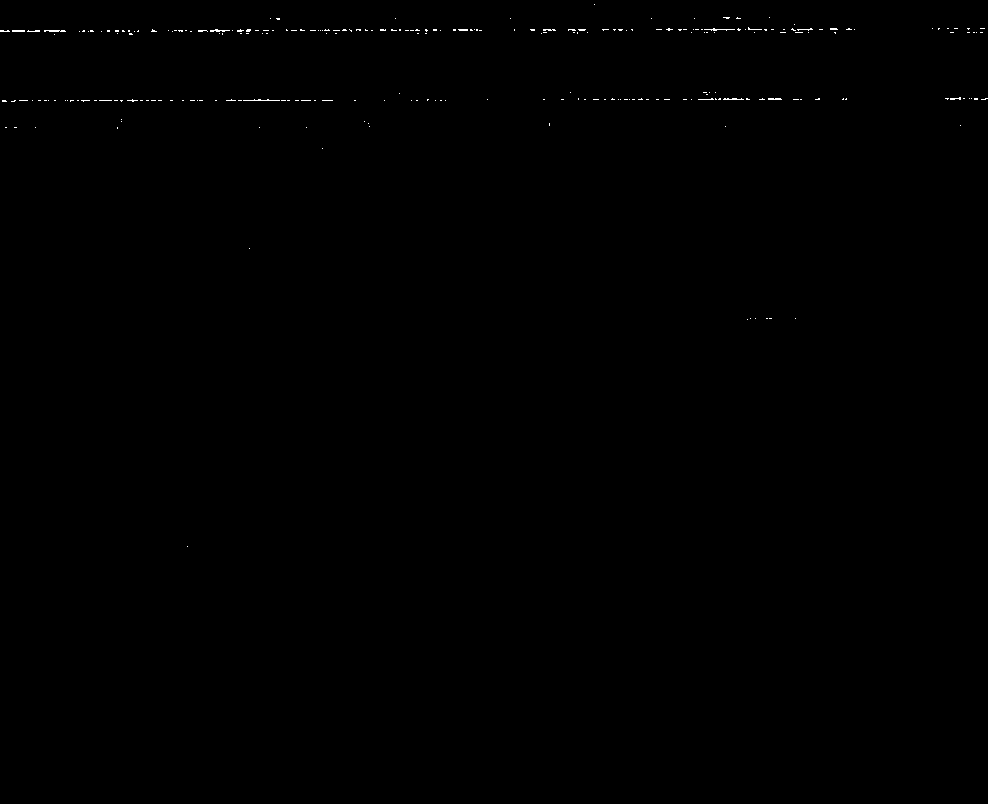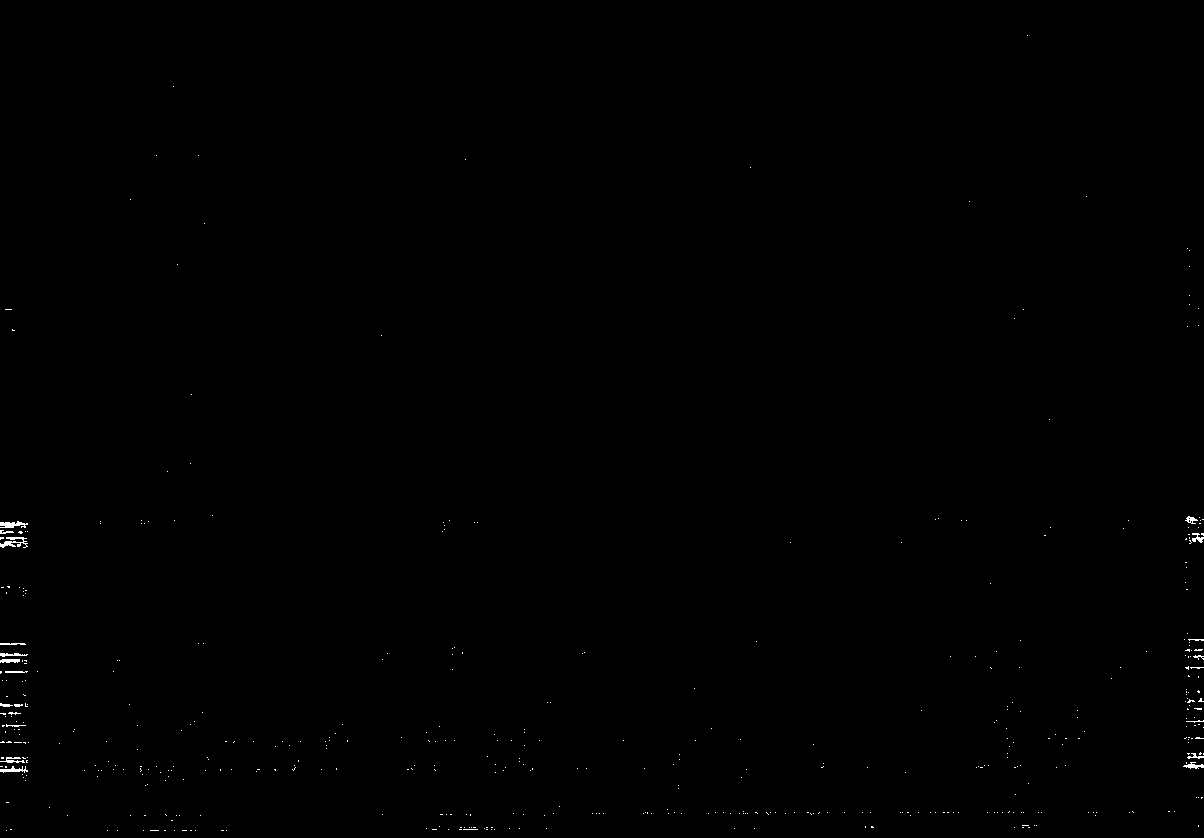Method for preparing super-hydrophobic surface on silicon wafer based on laser interference nanometer lithography
A technology of laser interference and nanolithography, which is applied in the field of preparing superhydrophobic surfaces on silicon wafers based on laser interference nanolithography, which can solve problems such as high cost, difficult implementation, and harsh experimental conditions.
- Summary
- Abstract
- Description
- Claims
- Application Information
AI Technical Summary
Problems solved by technology
Method used
Image
Examples
Embodiment
[0017] First, use Matlab to simulate the four-beam interference pattern, and get the incident angle as θ 1 =θ 2 =θ 3 =θ 4 =15°, the spatial angle is set to Set the polarization angle to ψ 1 =ψ 2 =ψ 3 =ψ 4 =90°, the ratio of the light intensity and energy density of the four beams is 1:1:1:1, and an ideal lattice model is obtained. figure 1 The light path diagram of the four-beam interference system. The laser emitted by the laser passes through high-reflection mirror 1, beam splitters 2 and 3, and reaches the interference length as optical path I; after high-reflection mirror 1, beamsplitters 2 and 4, and high-reflection mirror 5, it reaches the interference field as optical path II; Mirror 1, beam splitters 2 and 4, and high reflection mirror 6, enter the interference field as optical path III; after high reflection mirror 1, beam splitters 2 and 3, and high reflection mirror 8, enter the interference field as optical path IV. In the figure, optical path I is the incident b...
PUM
 Login to View More
Login to View More Abstract
Description
Claims
Application Information
 Login to View More
Login to View More - R&D
- Intellectual Property
- Life Sciences
- Materials
- Tech Scout
- Unparalleled Data Quality
- Higher Quality Content
- 60% Fewer Hallucinations
Browse by: Latest US Patents, China's latest patents, Technical Efficacy Thesaurus, Application Domain, Technology Topic, Popular Technical Reports.
© 2025 PatSnap. All rights reserved.Legal|Privacy policy|Modern Slavery Act Transparency Statement|Sitemap|About US| Contact US: help@patsnap.com



